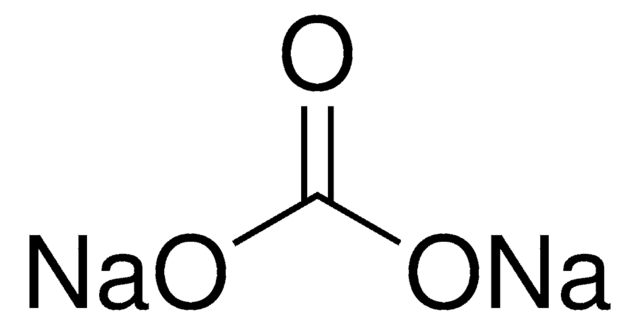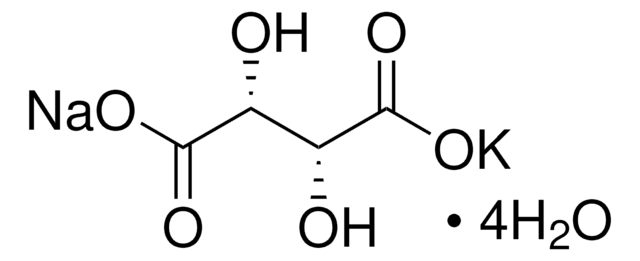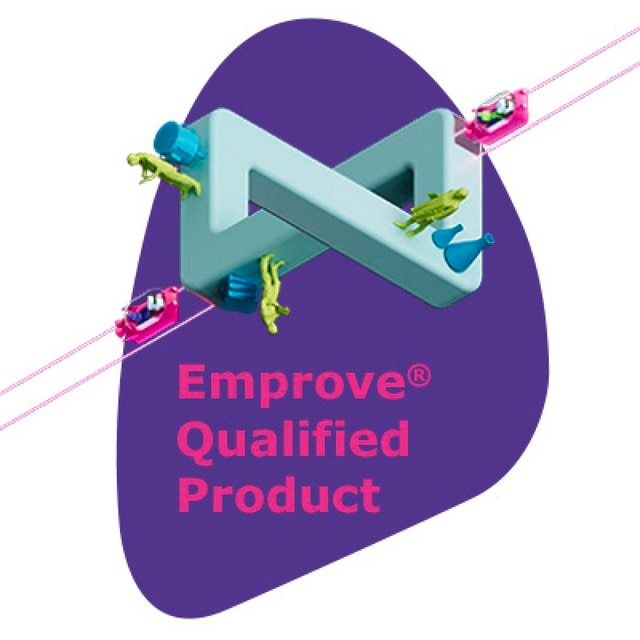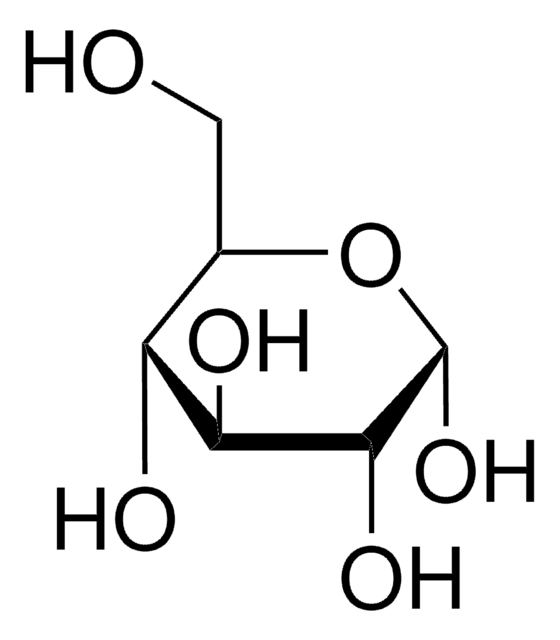451614
Sodium carbonate
anhydrous, powder, 99.999% trace metals basis
Synonym(s):
Calcined soda, Carbonic acid disodium salt, Soda ash
About This Item
Recommended Products
grade
anhydrous
Quality Level
Assay
99.999% trace metals basis
form
powder
impurities
≤15.0 ppm Trace Metal Analysis
mp
851 °C (lit.)
solubility
soluble 217 g/L at 20 °C (completely)
SMILES string
O=C(O[Na])O[Na]
InChI
1S/CH2O3.2Na/c2-1(3)4;;/h(H2,2,3,4);;/q;2*+1/p-2
InChI key
CDBYLPFSWZWCQE-UHFFFAOYSA-L
Looking for similar products? Visit Product Comparison Guide
Related Categories
Application
- Pore-inducing agent to synthesize Fe-based oxygen reduction catalysts.
- An alkaline solid sorbent to capture CO2 in flue gases.
- A precursor to synthesize high magnesium-bearing calcites in the pure phase.
Biochem/physiol Actions
Signal Word
Warning
Hazard Statements
Precautionary Statements
Hazard Classifications
Eye Irrit. 2
WGK
WGK 1
Flash Point(F)
Not applicable
Flash Point(C)
Not applicable
Personal Protective Equipment
Certificates of Analysis (COA)
Search for Certificates of Analysis (COA) by entering the products Lot/Batch Number. Lot and Batch Numbers can be found on a product’s label following the words ‘Lot’ or ‘Batch’.
Already Own This Product?
Find documentation for the products that you have recently purchased in the Document Library.
Customers Also Viewed
Articles
Nanostructured Materials Through Ultrasonic Spray Pyrolysis
Our team of scientists has experience in all areas of research including Life Science, Material Science, Chemical Synthesis, Chromatography, Analytical and many others.
Contact Technical Service




